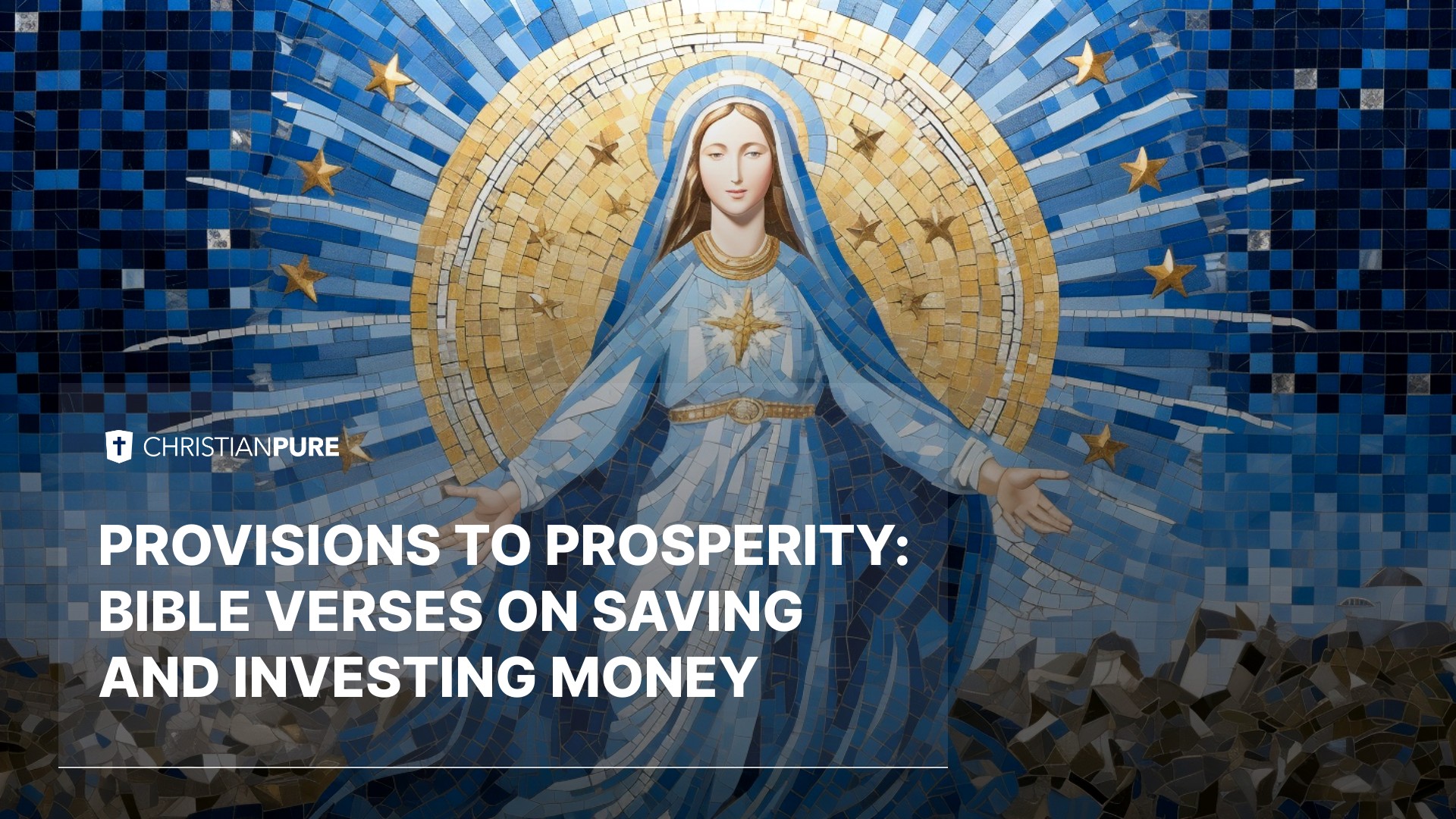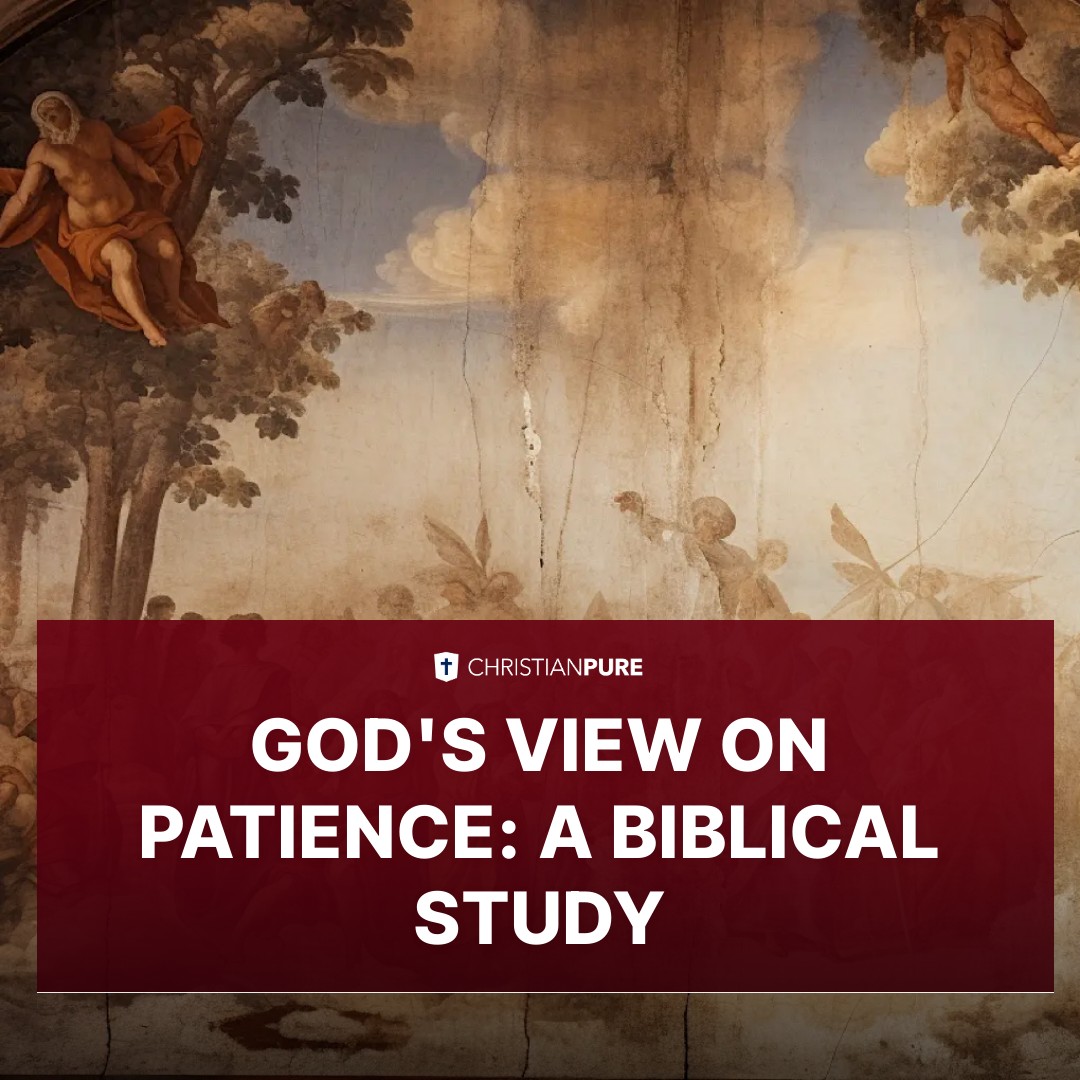Proverbs 21:20 (NIV)
"The wise store up choice food and olive oil, but fools gulp theirs down."
Reflection: This verse emphasizes the wisdom in saving resources for future needs rather than consuming all that one has immediately. It teaches the importance of foresight and self-control.
Proverbs 13:11 (NIV)
"Dishonest money dwindles away, but whoever gathers money little by little makes it grow."
Reflection: This verse suggests that wealth gained hastily or through dishonest means is not sustainable. In contrast, steady and honest accumulation of resources is favored, highlighting the virtue of patience and integrity in financial matters.
Matthew 6:19-21 (NIV)
"Do not store up for yourselves treasures on earth, where moths and vermin destroy, and where thieves break in and steal. But store up for yourselves treasures in heaven, where moths and vermin do not destroy, and where thieves do not break in and steal. For where your treasure is, there your heart will be also."
Reflection: This passage encourages believers to prioritize spiritual investments over material ones. It underscores the transient nature of earthly wealth and the lasting value of spiritual riches.
Proverbs 6:6-8 (NIV)
"Go to the ant, you sluggard; consider its ways and be wise! It has no commander, no overseer or ruler, yet it stores its provisions in summer and gathers its food at harvest."
Reflection: This verse uses the ant as an example of diligence and foresight. It promotes the value of working hard and preparing for the future without the need for external supervision.
Ecclesiastes 11:2 (NIV)
"Invest in seven ventures, yes, in eight; you do not know what disaster may come upon the land."
Reflection: This verse advocates for diversification in investments as a hedge against unforeseen calamities. It reflects wisdom in managing risks.
1 Timothy 6:17-19 (NIV)
"Command those who are rich in this present world not to be arrogant nor to put their hope in wealth, which is so uncertain, but to put their hope in God, who richly provides us with everything for our enjoyment. Command them to do good, to be rich in good deeds, and to be generous and willing to share. In this way, they will lay up treasure for themselves as a firm foundation for the coming age, so that they may take hold of the life that is truly life."
Reflection: This passage warns against the arrogance and false security that can come from earthly wealth. It encourages the wealthy to seek true life in generosity, good deeds, and hope in God rather than in their riches.
Luke 14:28 (NIV)
"Suppose one of you wants to build a tower. Won’t you first sit down and estimate the cost to see if you have enough money to complete it?"
Reflection: This verse underscores the importance of planning and assessing one’s financial capability before undertaking a project. It speaks to the wisdom of counting the cost and making informed decisions.
Proverbs 24:27 (NIV)
"Put your outdoor work in order and get your fields ready; after that, build your house."
Reflection: This verse advises on prioritizing investments that will generate resources before focusing on personal comforts. It reflects the principle of investing in productive assets first.
Proverbs 22:7 (NIV)
"The rich rule over the poor, and the borrower is slave to the lender."
Reflection: This verse highlights the power dynamics in financial relationships and warns against the bondage of debt. It encourages financial independence and caution in borrowing.
Proverbs 27:23-24 (NIV)
"Be sure you know the condition of your flocks, give careful attention to your herds; for riches do not endure forever, and a crown does not secure itself to all generations."
Reflection: This verse stresses the importance of diligent management and oversight of one’s assets, recognizing that wealth is not guaranteed to last. It calls for proactive stewardship.
Luke 16:11 (NIV)
"So if you have not been trustworthy in handling worldly wealth, who will trust you with true riches?"
Reflection: This verse suggests that faithfulness in managing material wealth is a test that prepares one for greater spiritual responsibilities. It speaks to the relationship between earthly stewardship and spiritual trustworthiness.
Proverbs 13:22 (NIV)
"A good person leaves an inheritance for their children’s children, but a sinner’s wealth is stored up for the righteous."
Reflection: This passage encourages long-term thinking and generational planning, advocating for the accumulation of wealth that can benefit future generations.
Proverbs 3:9-10 (NIV)
"Honor the Lord with your wealth, with the firstfruits of all your crops; then your barns will be filled to overflowing, and your vats will brim over with new wine."
Reflection: This verse connects financial prosperity with spiritual obedience, specifically the practice of giving the first and best of one’s income to God. It promises divine blessing in response to such faithfulness.
2 Corinthians 9:6 (NIV)
"Remember this: Whoever sows sparingly will also reap sparingly, and whoever sows generously will also reap generously."
Reflection: This verse speaks to the principle of sowing and reaping, suggesting that generosity leads to abundance. It encourages open-handed giving as a pathway to blessing.
Proverbs 14:23 (NIV)
"All hard work brings a profit, but mere talk leads only to poverty."
Reflection: This verse values hard work over idle talk, indicating that diligence in one’s endeavors is the path to financial gain.
Ecclesiastes 5:10 (NIV)
"Whoever loves money never has enough; whoever loves wealth is never satisfied with their income. This too is meaningless."
Reflection: This verse critiques the endless pursuit of wealth, pointing out the futility of placing one’s happiness in material accumulation.
Hebrews 13:5 (NIV)
"Keep your lives free from the love of money and be content with what you have, because God has said, 'Never will I leave you; never will I forsake you.'"
Reflection: This passage encourages contentment and trust in God’s provision, warning against the love of money and the anxiety it can bring.
Proverbs 16:16 (NIV)
"How much better to get wisdom than gold, to get insight rather than silver!"
Reflection: This verse elevates the value of wisdom and insight above material wealth, suggesting that true wealth lies in understanding and knowledge.
Proverbs 11:28 (NIV)
"Those who trust in their riches will fall, but the righteous will thrive like a green leaf.
Reflection: This verse contrasts the instability of trusting in wealth with the flourishing of those who live righteously, indicating that true security comes from a righteous life rather than material wealth.
These reflections aim to provide a nuanced understanding of biblical teachings on wealth, emphasizing the balance between wise financial stewardship and the spiritual principles that should guide such endeavors.





















